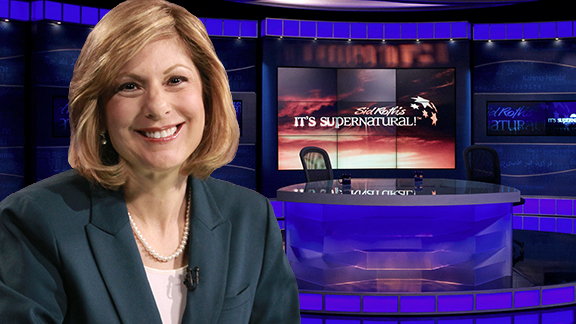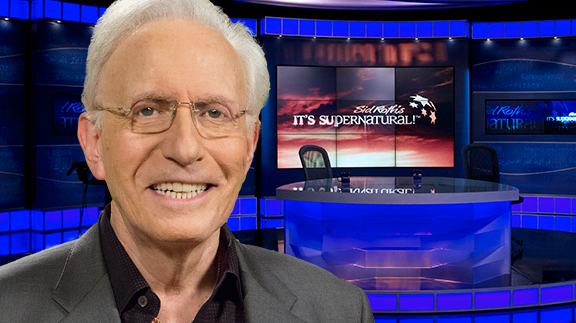
SANDY: Right. Right. And as Gentile Christians saw the Jewish people were inter-distancing themselves away from the Gospel, that only fueled the animosity that seemed to be there, so we have church fathers, esteemed church fathers, like the beloved Saint John Chrysostom, who’s venerated by Catholics and Protestants alike, writing venomous, venomous anti-Jewish treatises and stating that the synagogue was worse than a den of thieves, worse than a brothel, and a cave of demons. He made it extremely clear when he wrote, quote, “As for me I hate the synagogue and I hate the Jews.” That not only was he anti-synagogue but he was anti the Jewish people. That’s not God’s heart. Then we have just about a hundred or so years later Emperor Constantine who ruled over the Roman Empire for hundreds of years officially making Christianity the state religion. When he did so, he intentionally distanced himself from any vestiges of anything Jewish from the Hebraic roots of Christianity and imposed that on the Empire as well. He legislated specific anti-Jewish laws designed to isolate and ideally do away with the Jewish people in his Empire and— he wrote this particularly for the church of future generations. He wrote that he hoped it would be his legacy that the church would forever be separated from Israel and from its Jewish roots. And I think that we can say that to a significant degree, that has been the case.
SID: And the thing that’s so amazing is Jesus is Jewish. When He was nailed to the cross, what did it say? King of the Jews. And— let me ask you this question. These people were intelligent, these church fathers. They loved God in their way, maybe, only God knows that one. What scriptural basis did they have for just denying their Jewish roots?
SANDY: Well, it related more to the way they interpreted the scripture than any particular verse, although they did take different isolated verses throughout the scriptures out of context completely, which is not the Hebraic way of interpreting the Bible at all. Context is everything. They would take—
SID: That’s what, that’s what causes a lot of bad theology in all areas, when you pull one verse, you don’t look what was before it, you don’t look what was after it, and you come up with anything you want to come up with.
SANDY: And you build a whole theology and worldview on it. Right. And so they would take verses out of context and attach spiritual, symbolic or allegorical interpretations onto those verses. What I mean by that is that traditionally the way of interpreting scriptures, which Jesus himself and all of the New Testament apostles employed when they penned the scriptures, is to interpret the Bible primarily, fundamentally according to its straightforward, plain, common sense, ordinary meaning. After that we can see how the Lord puts— uses allegory, uses allegory in His word and we can interpret the word allegorically or symbolically and it’s through an allegorical interpretation many times that we see that believers of all nations enter into the promises that God has given to Israel. But those that adhered to replacement theology and those that were putting forth replacement theology interpreted the scriptures primarily allegorically so that when the Word speaks of Israel it’s taken to mean strictly the Church.
SID: Well you know I’ve always been taught, Sandy, that if you toss out the literal, then you must take the literal first, before you have the right to take the allegorical. If you don’t do that, then you could take any parable and come up with any theology you want.









